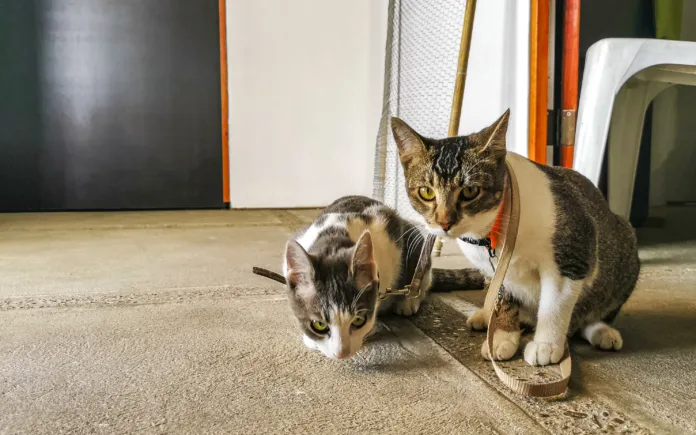New study exposes shocking reality: domestic moggies target over 2,000 species, posing threat to global biodiversity
In a revelation that will send shivers down the spine of every cat owner, a groundbreaking study has exposed the predatory prowess of our feline friends. While these purring companions may rule our homes, it seems they’re wreaking havoc on the world’s wildlife.
The study, perhaps the most extensive global analysis of cat diets to date, unveils a startling statistic: our beloved domestic and feral cats have their sights set on a staggering 2,084 different animal species. From mice to songbirds, if they can catch it, it’s on their menu.
The impact, however, goes beyond the casual hunting antics of our furry companions. Cats emerge as the most prolific invasive predators, taking a toll on nine percent of known birds, six percent of known mammals, and four percent of known reptile species. The cuddly exterior conceals a threat to global biodiversity, with cats implicated in 26 percent of bird, mammal, and reptile extinctions worldwide.
Embed from Getty ImagesThe study’s lead author remarked, “Our findings demonstrate that cats are indiscriminate predators and eat essentially any type of animal that they can capture at some life stage or can scavenge.” The indiscriminate nature of feline hunting poses a significant challenge for wildlife conservation, particularly in isolated regions like New Zealand, where native species face increased vulnerability.
In response to this alarming trend, some regions are taking legislative action. Notably, an eastern suburb of Melbourne, Australia, has imposed a 24-hour curfew for cats, restricting outdoor excursions to house cats only.
Cat owners, too, are adapting their approach. Some are opting for a dog-like solution, taking their feline friends out on a lead for a supervised walk instead of letting them roam freely.
The study, amalgamating data from over 500 previous research endeavors, underscores the urgency of addressing the impact of feline predation on global wildlife. As cats continue to pose a threat to species of conservation concern, it’s clear that the cute and cuddly image of our feline friends belies a darker truth.
